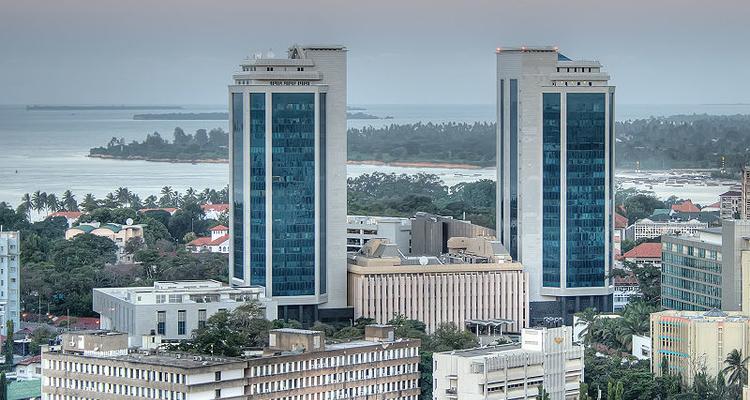Africa-Press – Tanzania. IN 2024, the Bank of Tanzania (BoT) officially began implementing a monetary policy framework based on interest rates as a primary tool for controlling inflation and enhancing economic efficiency, in line with changes in both domestic and global economic conditions.
As part of this policy, the central bank set its benchmark interest rate at 5.percent for the first quarter ending March 2024.
This rate was later raised to 6.0 percent in the second quarter ending June 2024 and remained unchanged for the remaining two quarters of the year.
Meanwhile, the average interest rate for seven-day interbank loans stood at 7.67 percent throughout 2024. This rate remained within the acceptable margin of +/-2 percent around the central bank’s benchmark rate, indicating adequate liquidity to support economic activities.
During this period, private sector credit grew significantly, reaching 36.1 trillion in 2024, up from 32.1 trillion in 2023—an increase of 12.4 percent.
This growth was driven by strengthened economic activity, a supportive business environment, and effective implementation of monetary and fiscal policies.
A substantial portion of this credit was directed toward personal-related activities such as construction, small and medium enterprises (SMEs), personal consumption, and other services including education.
These accounted for 38.9 percent of total private sector credit. Other key beneficiaries included the agriculture and trade sectors (13.1percent) and the manufacturing sector (10.1percent).
These measures are part of the central bank’s broader efforts to maintain a stable macroeconomic environment while promoting private sector growth as a key driver of employment creation and sustainable development.
For More News And Analysis About Tanzania Follow Africa-Press







